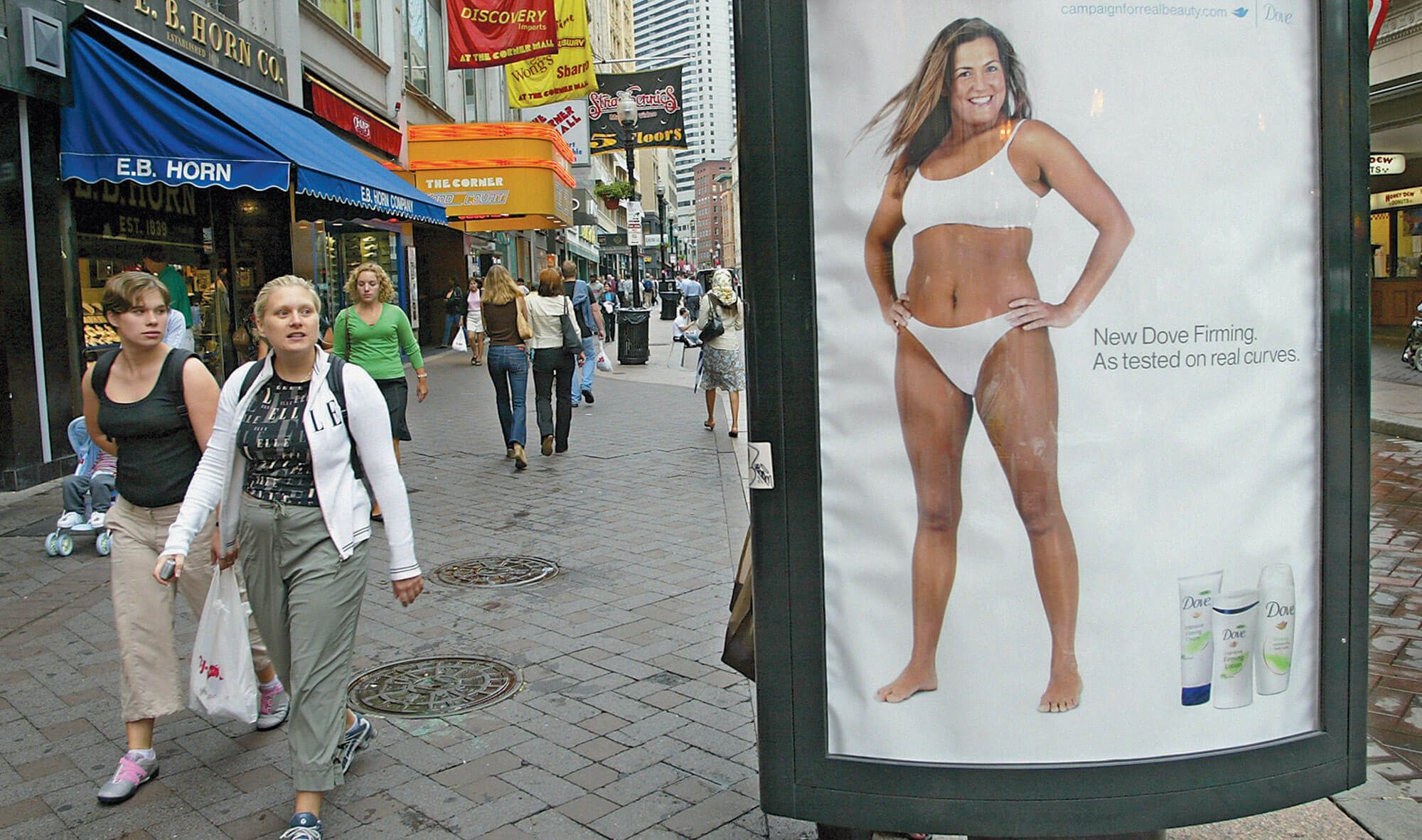The future of purpose-driven branding

This is a remarkable time for business organizations. The purpose-driven revolution is leading firms beyond a focus on growing sales, profits, and shareholder returns to having a business purpose that is meaningful, admired, and worthy of respect. It is a time of opportunity, even a time for dramatic change. It is not a time to stand still and drive toward irrelevance. My new book, The Future of Purpose-Driven Branding, discusses the role of branded signature programs that impact real societal challenges and advance a business strategy.
Why are signature programs critical?
Consider Dove, the “beauty bar” brand, which in 2003 launched the Real Beauty program after learning that less than 3% of women regarded themselves as beautiful. One of the program’s vehicles, having an artist sketch women based on their self-descriptions, showed that “You’re More Beautiful Than You Think” and led to the most viral ad ever run up to 2013. This program, together with the Dove Self-Esteem program directed at teen girls, has elevated the self-confidence of hundreds of millions as well as formed the heart of the Dove brand for nearly two decades.
Another example is Barclays, a major UK brand. After losing public trust in 2009, Barclays created an employee signature social program called the Digital Eagles, now with 17,000 employees, that helps people thrive in the digital world. Emotional stories from the program moved the trust needle, which had not happened with conventional efforts.
Firms large and small are putting substantial resources into efforts to address societal challenges that are increasingly visible and threatening. They recognize that their resources, insights, and agility are needed. Further, businesses, particularly those with “taken-for-granted” offerings, need the energy burst, the image lift, and the engagement opportunities that social programs can create.
Branding, however, is crucial. The social efforts of a business can be a financial dead weight unless they are designed and employed to advance a business strategy. Then the business becomes motivated to provide its endorsement to a social program, fostering much-needed credibility and access to substantial resources. They become partners, which helps a social program thrive.
The challenge is to communicate that partnership. When the social effort is based, for example, on a sprawling set of grants and volunteer efforts plus some energy conservation and carbon dioxide emissions goals, the result is an incoherent message of sameness and sometimes tokenism. What is needed are branded impactful signature social programs that can touch people emotionally, provide visibility, and inspire both the employees and customers of that business.

Signature social programs can be internal branded programs such as Dove’s Real Beauty program. Or they can be with external partners having a proven record and established brand. Costco, for example, has a “visionary partner” status with Feeding America, one of its signature programs.
The signature program brand will signal that the program is important, merits commitment, and has a long-term time horizon. A brand guides the program as it evolves. It will inspire because of the visible need and stories that surround its impact. It also aids communication by providing a memory structure and story source for employees and customers.
Five potentially game-changing and often underused “branding must-dos” that I discuss in the book can make a brand-building difference. They include creating a social purpose, using stories to bring the program to life, finding “silver-bullet” brands that can provide differentiation or credibility to the signature social program, creating and leveraging brand communities, and scaling the signature program so that it reaches more people with a deeper offering.
But there is a catch. The signature social program must avoid being perceived as a self-serving, token effort or greenwashing. The solution is to be authentic by demonstrating passion, professionalism, depth of understanding of the social challenge, thought leadership, and a long-term commitment.